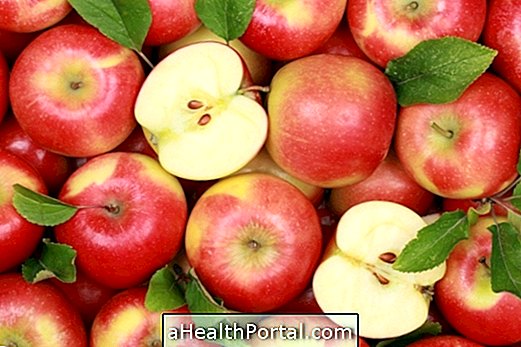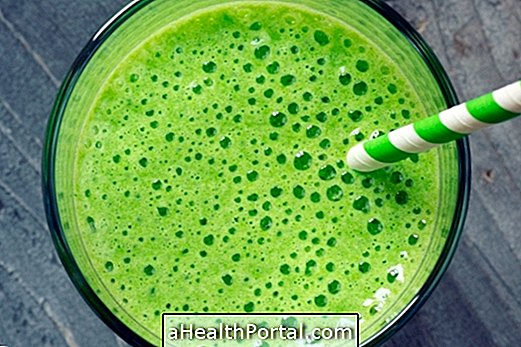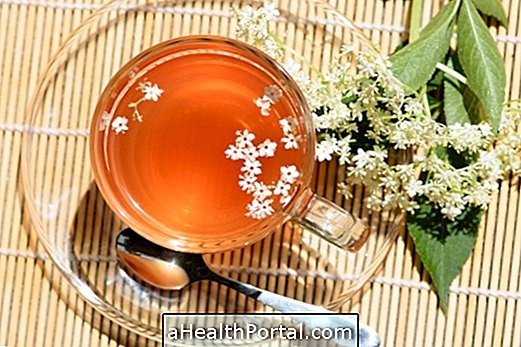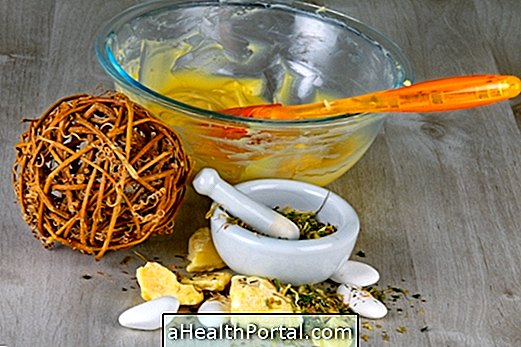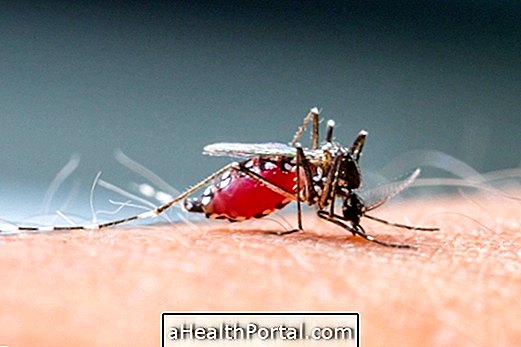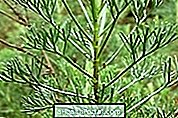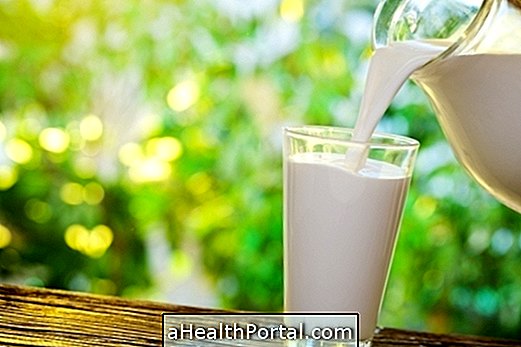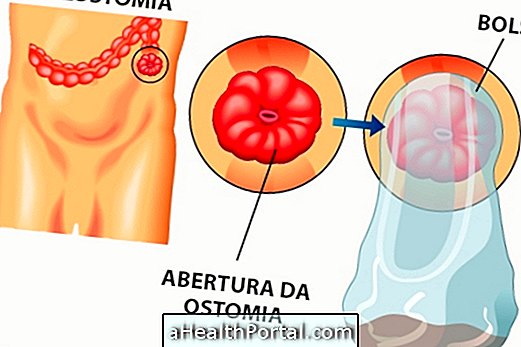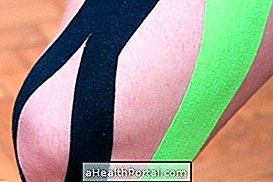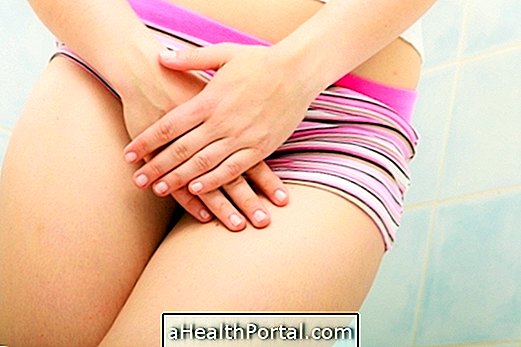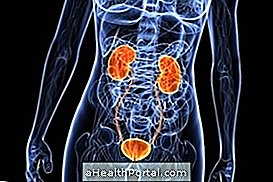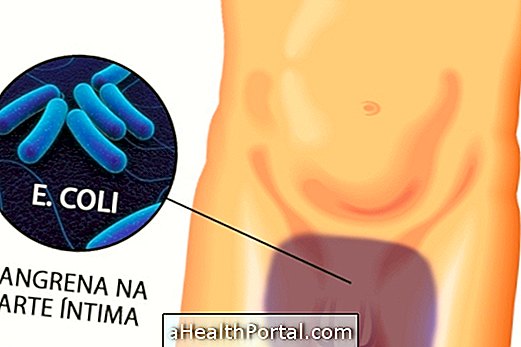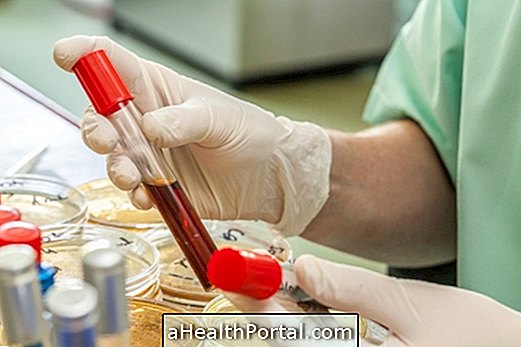To calm the intestine and combat diverticulitis, you can use teas that improve digestion and are rich in phytochemicals that act as antioxidants and anti-inflammatories, helping in the recovery of the intestinal wall and preventing the onset of seizures.
Diverticulitis is an inflammatory bowel disease that causes periods of alternation between diarrhea and constipation. It is the inflammation and infection of the diverticula, which are small folds or sacs that arise in the walls of the intestine, which can cause symptoms such as abdominal pain, nausea and vomiting. Here are the symptoms of a diverticulitis crisis.
Here are examples of teas and supplements that can be used to fight this disease.
1. Chamomile Tea with Valerian
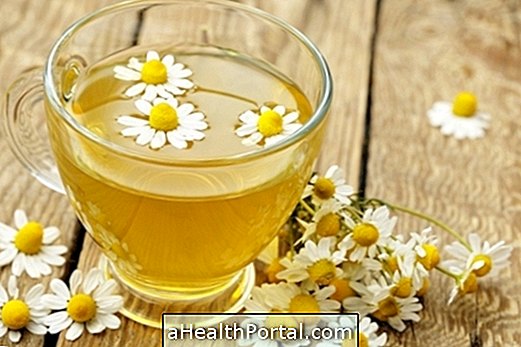
Chamomile has antispasmodic, soothing and healing properties, while reducing gas, while valerian has antispasmodic and relaxing properties, and is beneficial to soothe the bowel and help treat diverticulitis.
Ingredients:
- 2 tablespoons dried chamomile leaves
- 2 tablespoons dried leaves of valerian
- 1/2 liter of water
Method of preparation:
Put the dried chamomile and valerian leaves in a pan and add the water, letting the pan boil for about 10 minutes. Strain and drink 3 times a day, without sugaring.
2. Cat Claw Tea

Cat nail tea helps treat various diseases that cause inflammation in the gut, including gastritis and diverticulitis, in addition to strengthening the immune system and repairing damage to intestinal cells.
Ingredients:
- 2 tablespoons of peels and roots of cat's claw
- 1 liter of water
Method of preparation:
Boil the ingredients for 15 minutes, turn off the heat and let stand for another 10 minutes. Strain and drink every eight hours.
3. Pau d'Arco Tea

O pau d'arco has anti-inflammatory properties and is known to help fight infections by stimulating the immune system and fighting bacteria. Thus, it can help reduce inflammation and prevent complications in diverticulitis.
Ingredients:
- 1/2 tablespoon of Pau D'Arco
- 1 cup boiling water
Method of preparation:
Put the boiling water on the grass, cover the cup and let stand for 10 minutes. Drink 2 cups a day.
4. Fiber Supplements

Having a good fiber intake is important to prevent attacks of diverticulitis because the fibers facilitate the passage of feces through the intestine without allowing them to accumulate in the diverticula and cause inflammation.
Thus, to increase fiber intake and improve intestinal transit, one can use fiber or powder supplements such as Benefiber, Fiber Plus and Fiber Plus Flora. These supplements can be used 1 or 2 times a day, preferably according to the doctor's or nutritionist's orientation, and it is important to increase the intake of water for which the fibers have a good effect on intestinal transit.
In addition to the consumption of these teas it is also recommended to follow the nutritional guidelines for diverticulitis and the use of gastroenterologist-oriented medicines.
Watch the following video and learn what the diverticulitis diet should look like:

See more tips in:
- What Not to Eat in Diverticulitis
- Diet for diverticulitis
